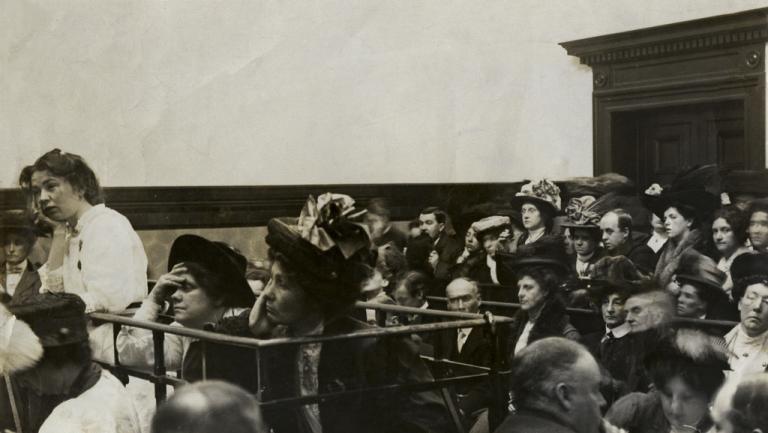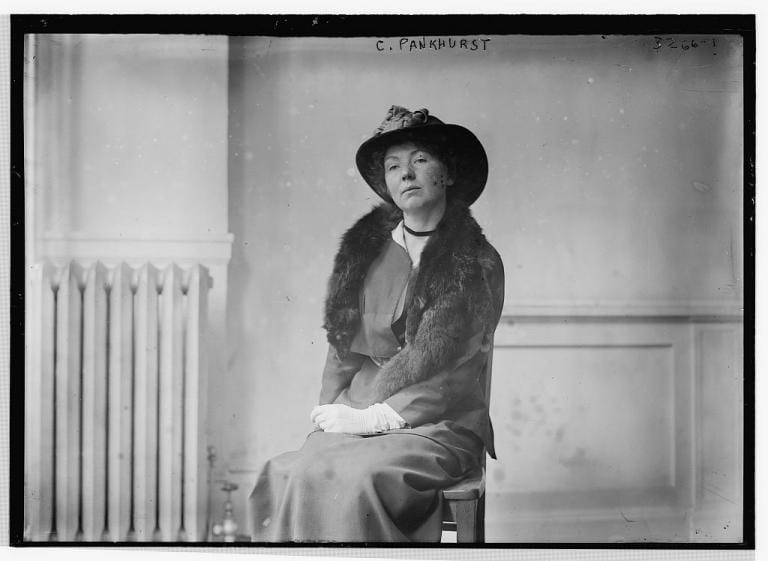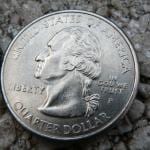In the early 1920s Christabel Pankhurst proclaimed that the Antichrist was “living in the world at this present time.” But all was not lost. If humanity repented, “its doom might be averted as was the doom of Nineveh when they repented at the preaching of Jonah.”
Intriguingly, this was the same Christabel Pankhurst who had helped lead the British suffrage movement in the 1910s. A remarkable woman—described by a contemporary as “beautiful, intelligent, graceful, confident, charming, and charismatic”—she had followed her parents into the family business of suffrage activism.

At the age of 25, she broke into a political meeting of the Liberal Party, shouting demands for voting rights. Declining to pay a fine, she served a prison sentence for her outrage. After completing a law degree, she began working for the Women’s Social and Political Union (WSPU). For the next decade, Pankhurst was a dedicated activist, going on hunger strikes, getting jailed numerous times, and earning the moniker of “Queen of the Mob.” Her work made a difference, and eight and a half million British women were granted suffrage as the Great War concluded.
Despite this victory for women—and Britain’s impending victory in the Great War—Pankhurst’s mood was dark. After the suffrage victory in 1918, she had immediately stood for election but was narrowly defeated by a Labour Party candidate. And to her the Great War did not seem to be “the war to end all wars.” She later wrote, “Dark, dark was the future as I looked into a vista of new warfare, with intervals of strain, of stress, of international intrigue, of horrible preparations and inventions for slaughter.” Pankhurst did not hold to a progressive optimism about civilization’s ability to reshape the world in a more humane direction.

Salvation came nonetheless. Sometime between Easter and the November armistice, Pankhurst wandered into a bookshop. She later recounted, “I came across writings on Prophecy which pointed out that in the bible there are oracles foretelling and diagnosing the world’s ills, and promising that they shall be cured.”
To that point, she had ignored such prophesies. Indeed, she had not been raised in the church after her father had withdrawn from congregational life and began calling himself an agnostic. But Pankhurst had read Scripture extensively while in prison for her suffrage activism, and this perhaps prepared her heart to be stirred in the bookstore. “Ah! That is the solution!” she exclaimed. “This Divine Programme is absolutely the only one that can solve the international, social, political or moral problems of the world.”
Most scholars end their feminist narrative of Christabel Pankhurst here. Many conservative Christians tell narratives of feminist conversions in particular ways too. The most celebrated cases—like Rosaria Butterfield—are described as coming out of feminism and into faith. But Pankhurst and thousands of other women in history defy both narratives. Even though she became a prominent speaker on the dispensationalist preaching circuit, Pankhurst never recanted her feminism. As historian Matt Sutton puts it in his terrific book American Apocalypse: A History of Modern Evangelicalism, she “matched her commitment to gender equality with her passion for preaching the end times.” How this suffragette integrated feminism and fundamentalism will be the topic of my next post.













